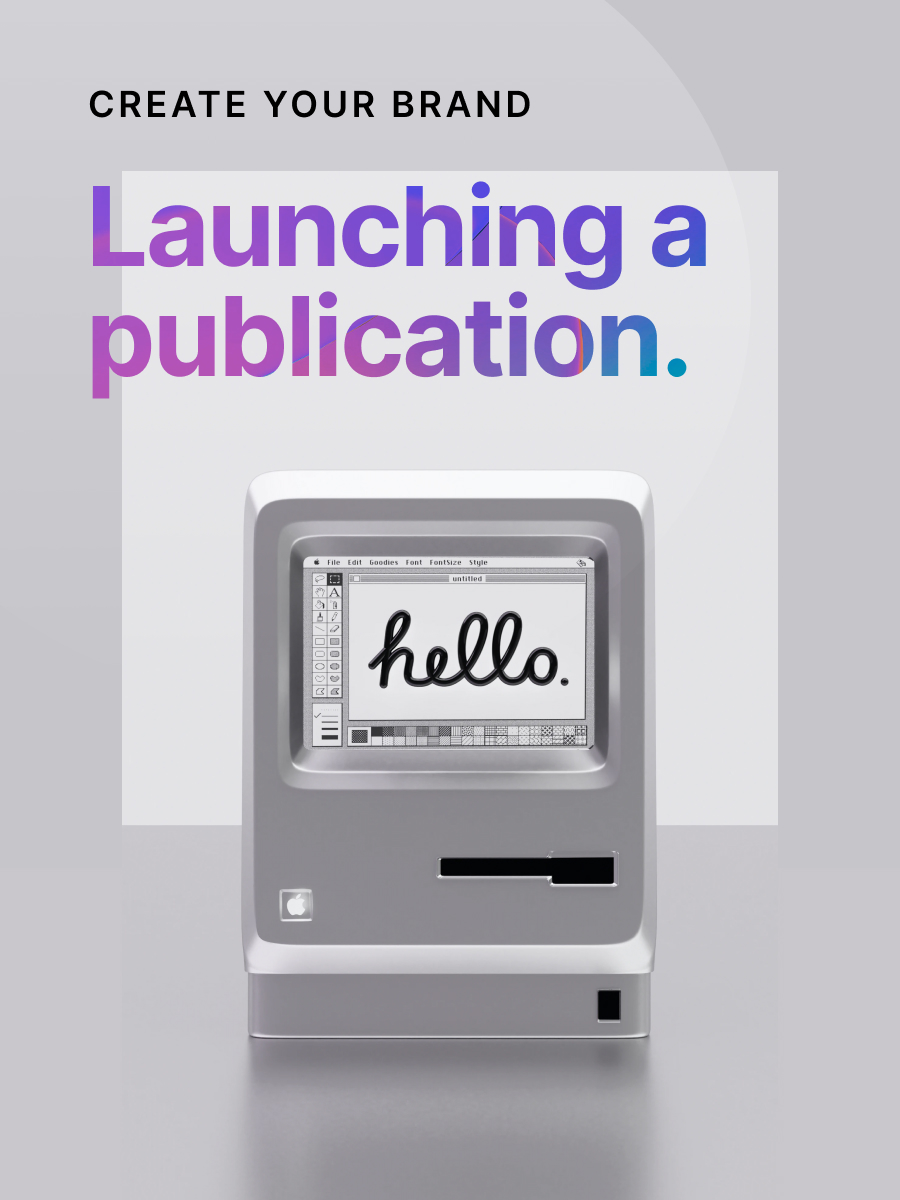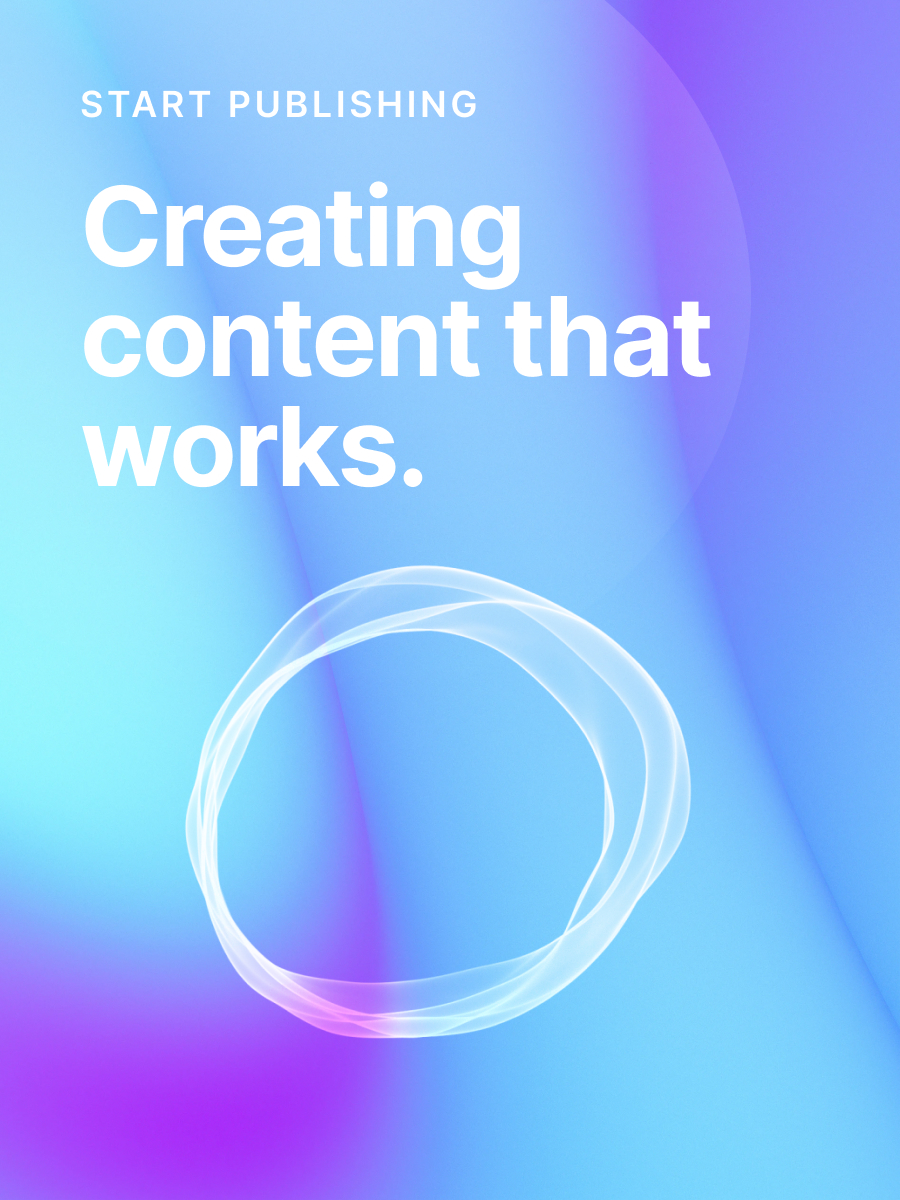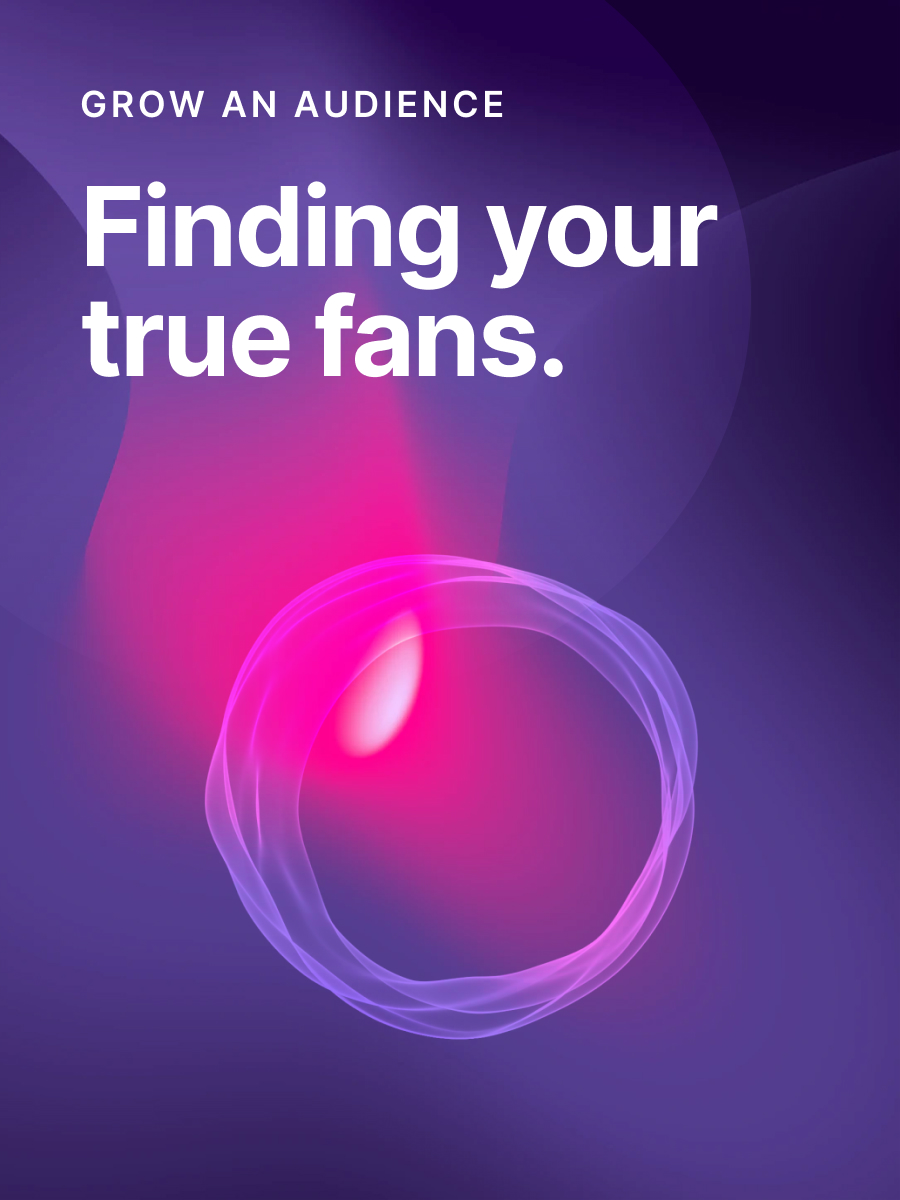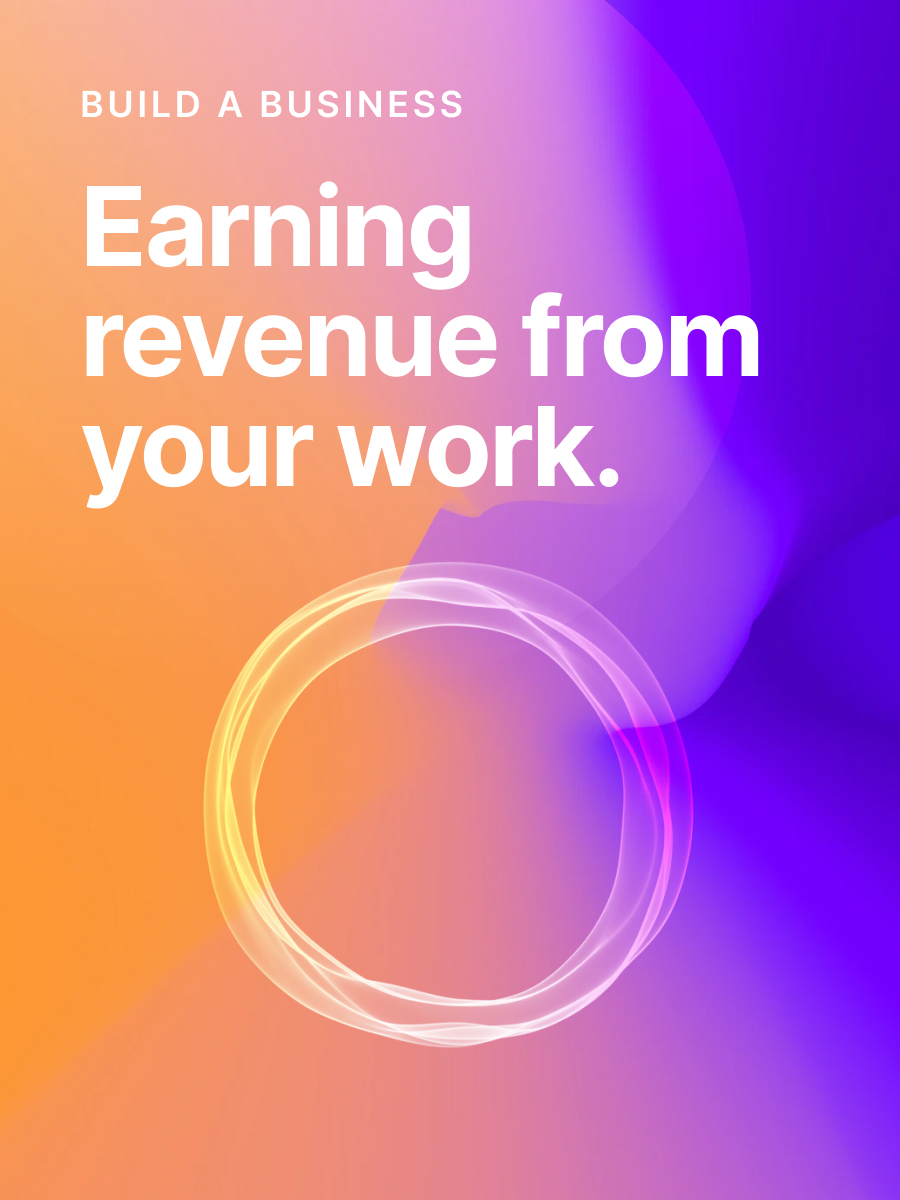#39 — 500k to 80m readers in one year, how Forbes transformed The Memo
A big welcome to our new subscribers from Product Hunt ❤️
It’s March already and it’s been a busy year so far in the world of digital publishing. As we put together this weekly curation of the most important stories, we’re seeing more and more quality content about emerging business models and modern journalism. We’re keeping up to date with all of it and sharing the best bits with you.
Enjoy your weekly publishing reading!
– Team Ghost
💯 Top picks
From 500k to 80m readers in one year: how Forbes transformed The Memo [Podcast]
“Alex Wood, Europe editor at Forbes, talks about how selling his business news website to the US publisher widened its audience, increased diversity of its contributors and brought newfound digital innovation.”
💸 Business models
Mozilla are exploring alternative funding models
“The online advertising ecosystem is broken” says Mozilla. The organisation behind Firefox have announced that they are looking into alternative funding models, including an official partnership with Scroll, a subscription service that offers ad-free viewing to fund essential journalism.
Should the state pay for journalism? [Video]
Former Editor-in-chief at HuffPostUK, Digital Editor at The Guardian and director of media at British Red Cross, Polly Curtis, discusses whether the state should pay for journalism in a live stream presentation at Reuters Institute Oxford.
Medium lowers its paywall for Twitter users
Medium CEO and Twitter co-founder Ev Williams announced that Medium will be removing its paywall for readers that visit via Twitter. He also stated that if this impacts their paid subscription base negatively, then this might change in the future!
Unraveling metrics, subscription models to identify reader revenue [Podcast]
We recently listened to this podcast that was published late last year: Gwen Vargo, director of reader revenue at the American Press Institute, shares insights about how reader metrics should be at the core a successful digital newsroom.
✍️ Modern journalism
Want to start a collaborative journalism project? Here's some new tools that might help
ProPublica are announcing new tools, documentation and training to help news organisations collaborate on data journalism projects.
The Washington Post announces the launch of the Jamal Khashoggi Fellowship
“The fellowship will provide an independent platform for journalists and writers to offer their perspectives from parts of the world where freedom of expression is threatened or suppressed. The Post has named Hala Al-Dosari, an award-winning activist, scholar and writer from Saudi Arabia, the first Jamal Khashoggi fellow.”
Media layoffs are majorly impacting freelancers!
Are freelancers the biggest casualty after mass media layoffs? This article takes a look at how the current state of employment in the media shapes freelance labour.
Poll: How does the public think journalism happens?
Research from Columbia Journalism Review in partnership with Reuters/Ipsos has produced a bunch of charts from a poll of over 4000 American adults to uncover the state of public trust in news and the media.
👩💻 Technology
What you need to know before starting your crowdfunding campaign
It’s the year of crowdfunding for journalism: Recent examples like The Correspondent or Tortoise show how it has become a tool for journalists and newsrooms to finance their ventures.
CERN recreated the original WorldWideWeb browser for you to try out
The birthplace of the modern internet is the European Organisation for Nuclear Research, known as CERN, when engineers proposed the first HyperText browser 30 years ago. A group of CERN developers have recreated that original browser interface, allowing users to see what the internet was at the very beginning.
🤷 WTF?
A tax on digital ad spend (*cough* Facebook and Google) could bring in $2 billion for journalism
Could a tax on billions of targeted ad dollars be what it takes to help support journalism of value? Advocacy group Free Press have some interesting thoughts about this – read the full paper here: “Beyond Fixing Facebook”






